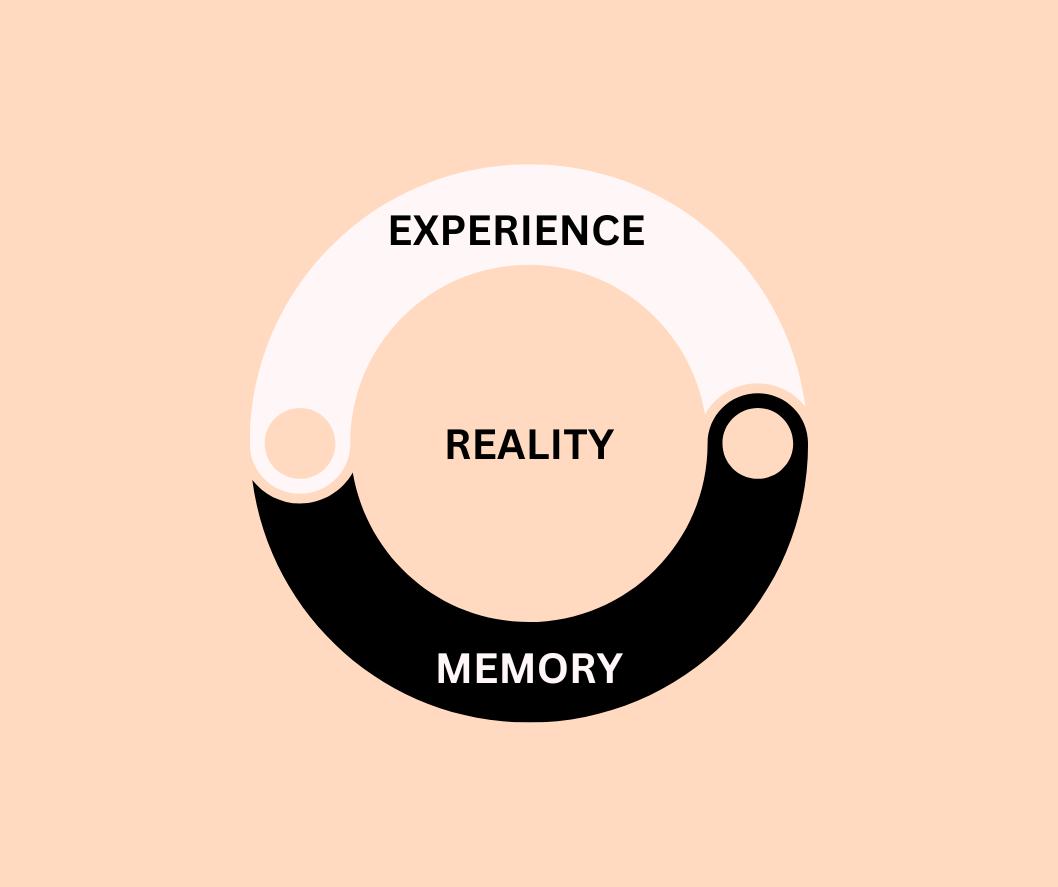The truth about Reality
Theorists and physicists love definitions. They want everything dissected and categorized. However, you cannot take that approach with this concept.
Introduction
It might seem obvious to suggest that there is an apparent external reality we all experience, yet we remain unsure of its inherent nature. Reality can be said to be the state of things as they are, rather than as they are imagined to be (1).
But aren’t we all experiencing this so-called reality all the time? Did you notice what was said: experiencing a “state of things as they are”? Well, one might say that there is a difference because there is an objective reality and a subjective experience of it. Aren’t they both two sides of the same coin? So wouldn’t that just be a ‘coin’? Wouldn’t choosing heads or tails just be a matter of preference or choice?
Existing Knowledge on “Reality”
Theorists, physicists, and spiritual leaders would say that experience is inherently personal and subjective, occurring within an individual’s mind and senses and influenced by emotions, thoughts, memories, and personal beliefs. It varies from person to person, as each individual’s unique perspectives and mental states shape how they perceive and interpret events. Experience is often immediate and focused on the present, involving direct interactions with the world.
Reality, on the other hand, encompasses both objective and subjective aspects. Objective reality exists outside the individual, composed of physical objects, events, and phenomena that are consistent, independent of personal perceptions, and follow natural. Subjective reality is shaped by personal experiences and perceptions. Together, reality includes all that exists, both seen and unseen, known and unknown, encompassing the sum total of both material and immaterial aspects of existence.
Idealism suggests that reality is fundamentally mental, with the external world being a construct of the mind. On the other hand, realism maintains that an external world exists independently of our perceptions, but our experience of it is subjective.
If objective reality is always consistent and constant with all its natural laws and phenomena, it wouldn’t change for a subjective experience, right?
Perception vs. Knowledge
If we removed all accumulated scientific knowledge, the shared reality between two people would be based purely on direct, observable phenomena and immediate sensory experiences.
Take the blue appearance of the sky as an example. It can be explained by the scientific principle of Rayleigh scattering. Sunlight contains various colors with different wavelengths. When it enters Earth’s atmosphere, blue light, with its shorter wavelength, is scattered more by molecules and particles, making the sky appear blue during the day.
Does this knowledge change our perception? Does this knowledge change our shared experience? Does each human’s existence depend on this knowledge?
For scientists or researchers, this is a great talking point. But it has little use for our immediate experience.
The apparent “external” reality can be considered to be that world that exists independently of our perceptions. It includes physical objects, natural laws, and events that can be observed and measured. Then there is the subjective interpretation of the external world. It includes our thoughts, emotions, perceptions, and sensory inputs.
So, knowing (or having immense knowledge) of objective reality doesn’t necessarily help in discovering the source of our own experience. Accumulated knowledge is to be kept in its place. It is just “Functional Knowledge”. It is this knowledge that makes one “self-conscious.” It could slowly creep into becoming your whole identity, and in this process, you will lose the real you.
In simple words, reality is not out there. Reality is just your experience through your memory of it (Genetic and accumulated memory). Without memory, can you have an experience?
The Cycle of Expectations
Why are so many people unhappy with their experience? It’s largely because their experience doesn’t match their expectations. Expectations shape our experience in several ways. Our brains predicts what we perceive based on past experiences. This leads to efficient processing but also perceptual errors. Self-fulfilling prophecies show how believing something can make it come true, as seen in the placebo effect or not true in cases of cognitive and confirmation bias. But most importantly, it is our belief system ingrained in our identity through which we experience life.
What is the source of these expectations? It is actually all the accumulated knowledge that has been recorded to the identity as a self preservation mechanism. As you go through life, specific events lead to specific learnings and emotions bundled up to this identity. It is this identity through which we take action with our experience. Those actions again lead to expectations. The stronger the belief, the more you will repeat the same actions expecting different results. At some point, a realization or understanding will lead to acceptance.
Theorists and physicists love definitions. They want everything dissected and categorized. While knowledge and understanding of the external world are valuable, they should not overshadow the personal and immediate experience of living. One should live their experience as if it were a creation of their own, treating relationships within their experience as if they were an extension of themselves.
Embracing your experience, free from the constraints of accumulated knowledge, reveals that you are an embodiment of life itself. You are life.
Reference:
Cambridge University Press, Cambridge Advanced Learner’s Dictionary & Thesaurus

